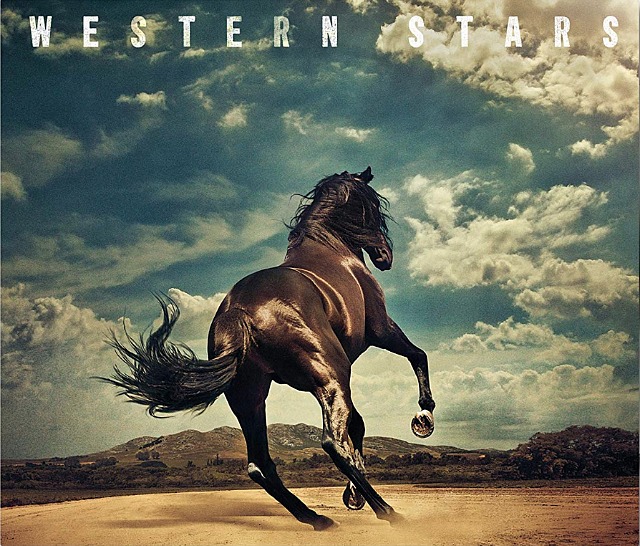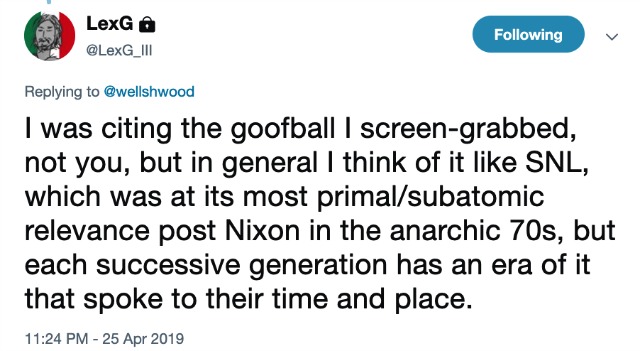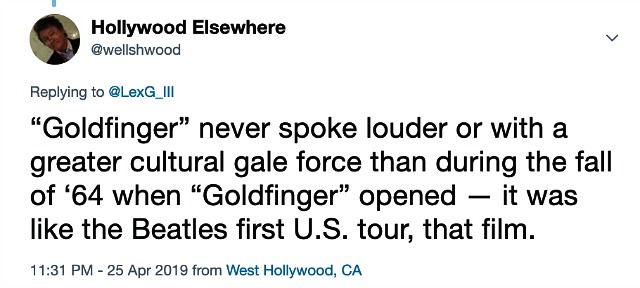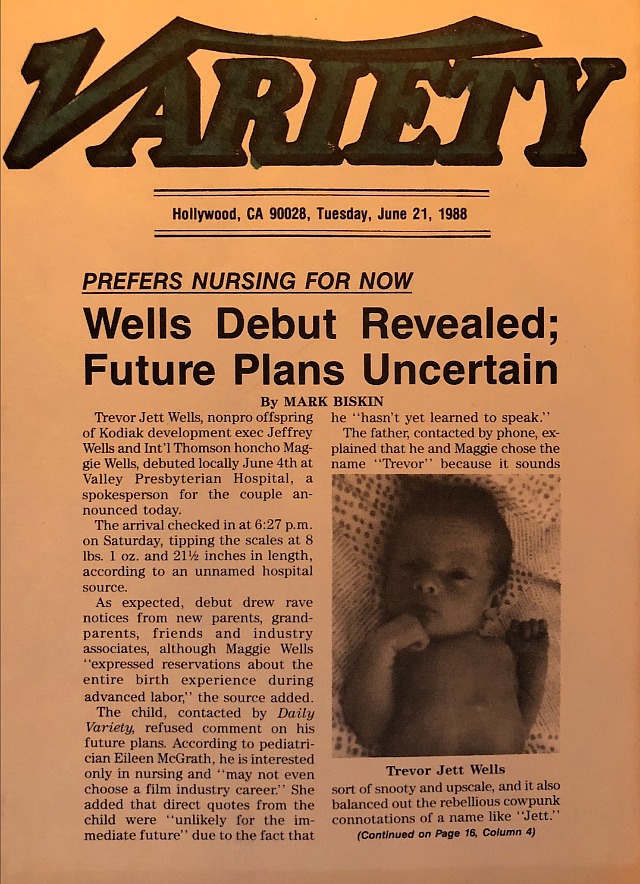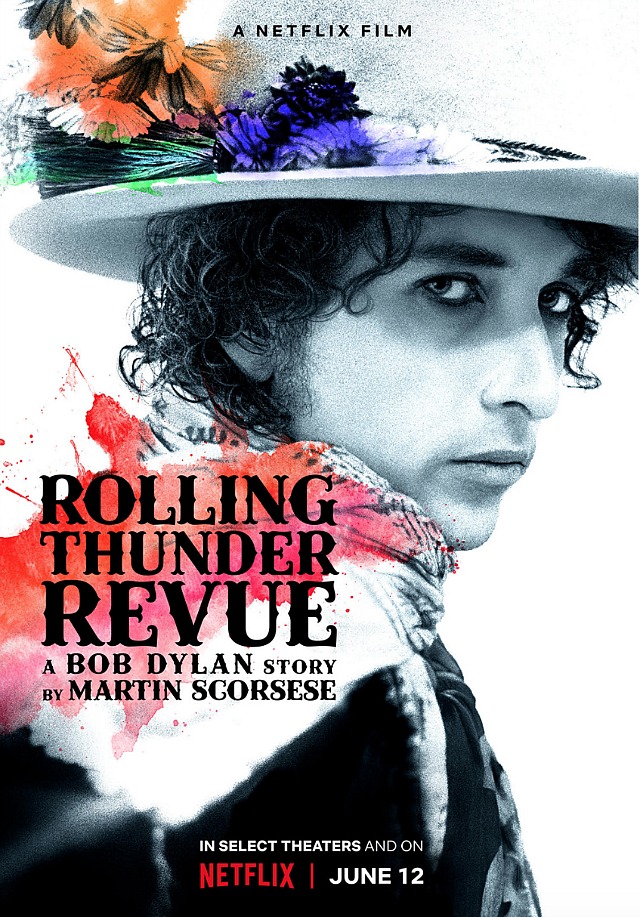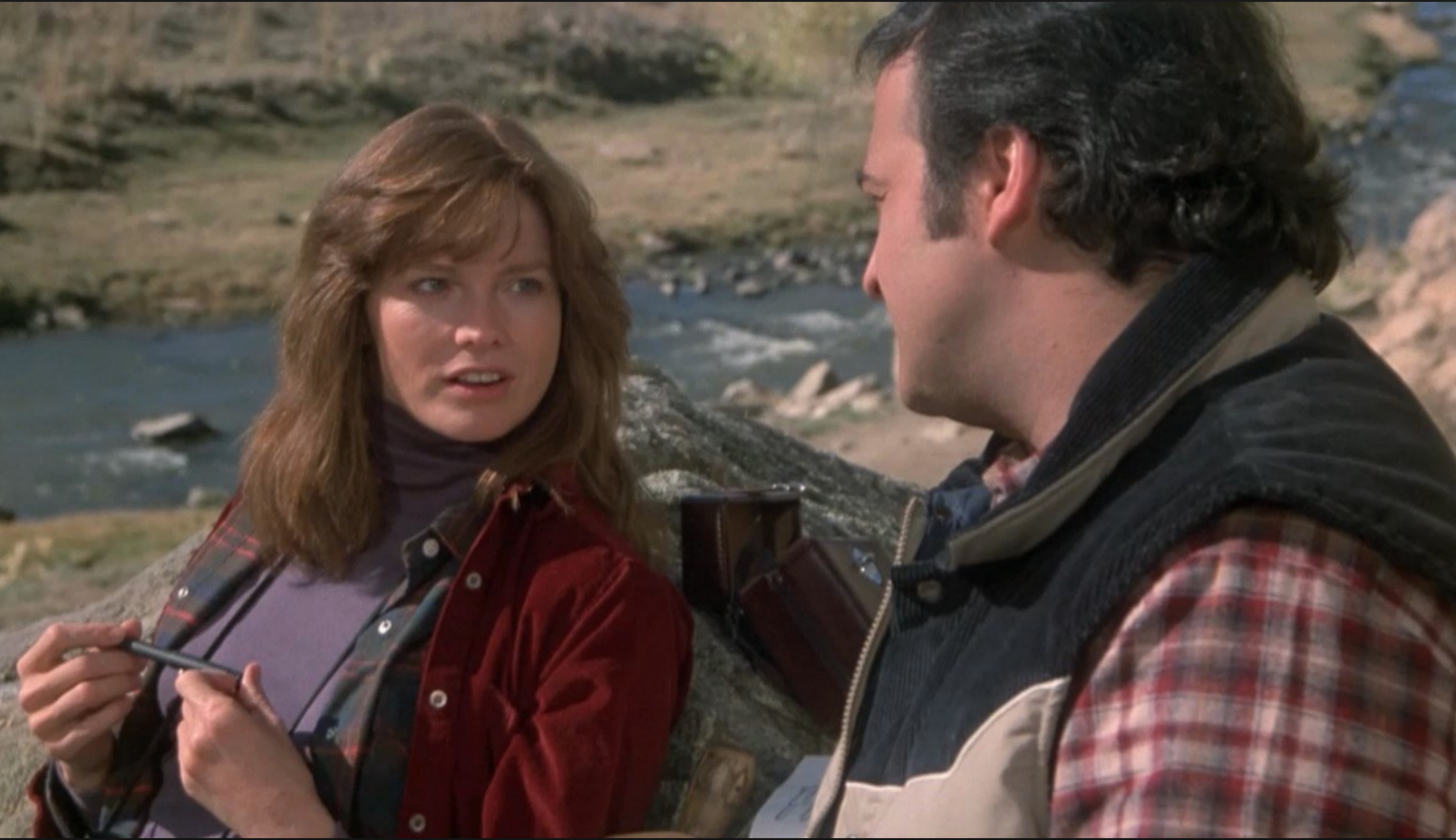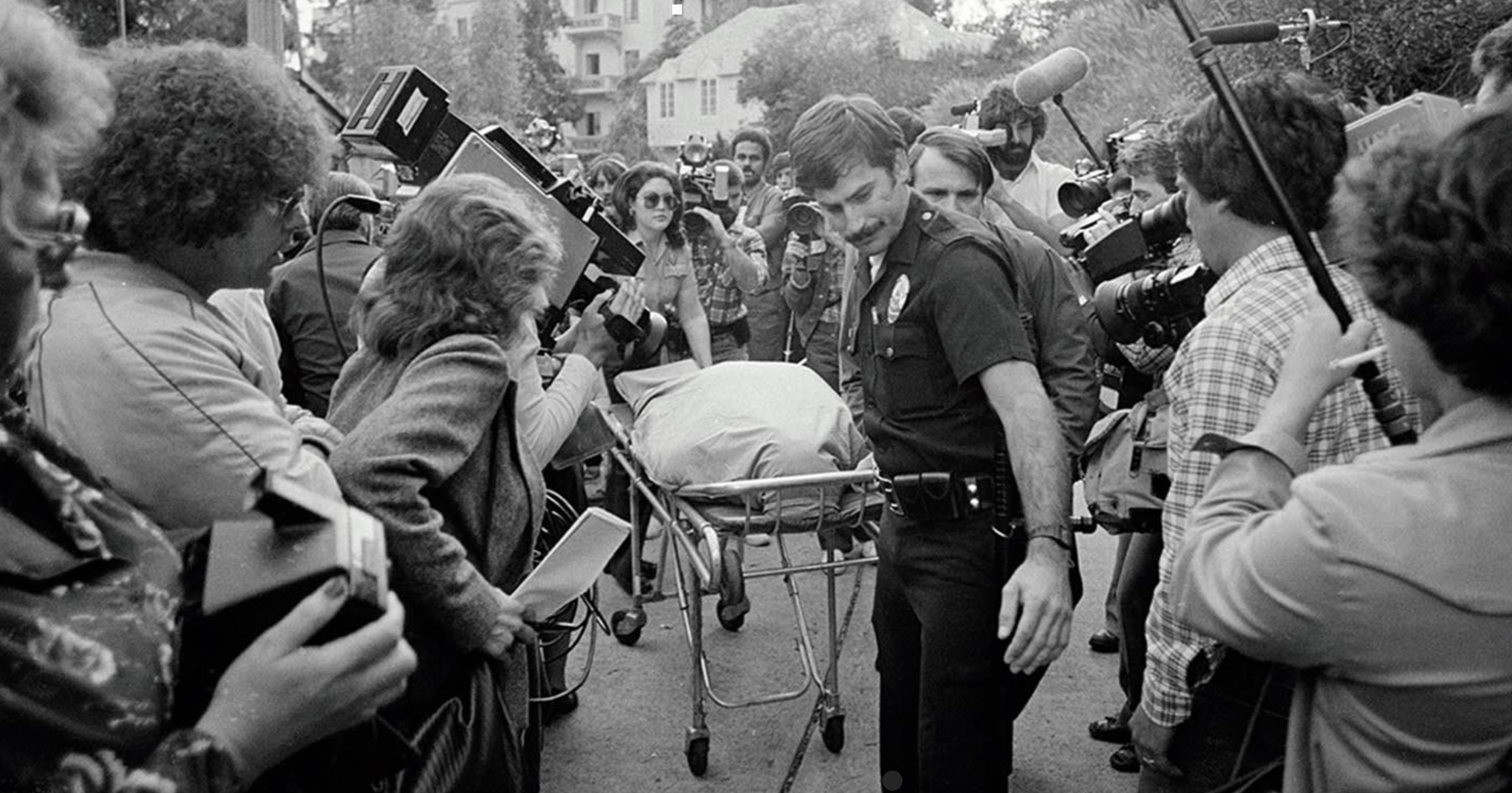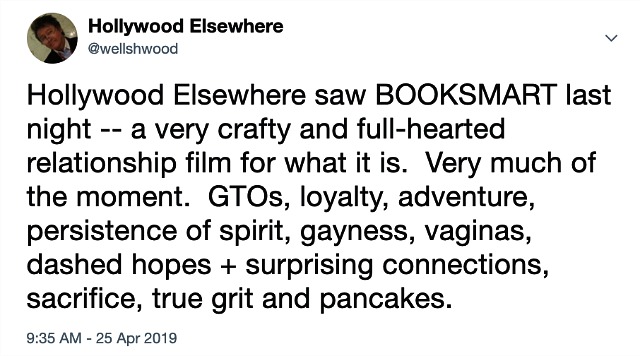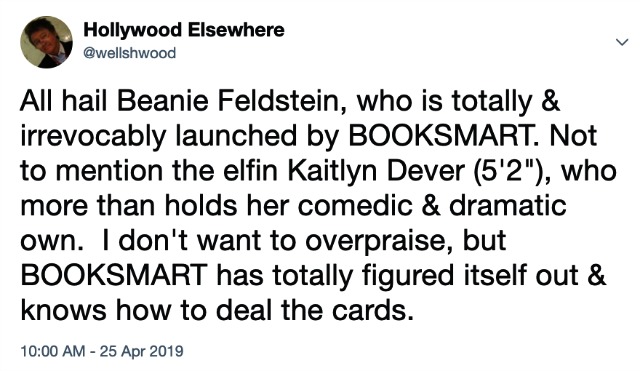HE to readership: Before reading this article, you may want to read two reviews of Avengers: Endgame — Anthony Lane‘s New Yorker assessment and another by The Guardian‘s Peter Bradshaw. Consider their descriptions of Chris Hemsworth‘s currently-conceived Thor, and consider that if these guys are going there then so are hundreds of others. In other words, Hollywood Elsewhere isn’t guilty of spoiling anything. Once you’ve done this and thought things through, feel free to read on.
Beginning of “Fat Thor” essay: Positively or questionably, healthily or otherwise, films and TV shows have been doing their part to normalize obesity over the last…oh, decade or so. Shrugging it off, Jabbas are no biggie, they deserve dignity like anyone else.
In the old days Hollywood would cast portly types in order to nudge the funny bone. (In Michael Curtiz‘s Robin Hood there’s a whole scene devoted to Errol Flynn and his band of Sherwood Forest rascals making fun of the overfed physique of Alan Hale, who was merely stocky at the time.) But over the last decade the message has been “no judgment, no shaming, all sizes are cool and obesity is just…well, just another way of living and being.”
The first time I noticed Hollywood’s fat-friendly mindset was the appearance of “Russell,” the obese Asian-American boy scout in Pete Doctor‘s Up (’09).
Four years later Nebraska‘s Alexander Payne did his part by having Will Forte‘s David ask a plus-sized ex-girlfriend (Missy Doty, who also played the tons-of-fun waitress whom Thomas Hayden Church seduces in Sideways) if they can have sex.
In 2014 Mark Duplass played Melissa McCarthy‘s flirtatious love interest in Tammy.
The same year I took note of Patrick Osborne and Kristina Reed‘s Feast, which is basically a charming corporate advertisement for the joys of junk food.
Not to mention the obvious conveyances from Amy Schumer‘s performance in I Feel Pretty, Danielle Macdonald‘s in Patti Cake$, Chrissy Metz‘s mom in Breakthrough, Rebel Wilson in Isn’t It Romantic, etc.
SPOILER: So it means something, I think, that Avengers: Endgame has (a) decided to have a few laughs by making Thor into a beer-drinking lardbucket with a walrus belly, but also (b) delivered a concurrent message that reckless eating and drinking habits aren’t all that cool, and that in the actual world putting on 40 or 50 pounds is a definite indication of depression, loser-tude and sloth.
In other words, directors Anthony and Joe Russo and screenwriters Christopher Markus and Stephen McFeely are saying to the fatasses watching their film with large tubs of buttered popcorn in their laps…they’re saying “yo, we’re talking about you, bruh!” (At my Disney lot screening there were three or four fanboys who were much bigger than Thor.)
In short, Endgame is not only going against the Hollywood narrative of the last ten years but risking the wrath of plus-sized advocates.

